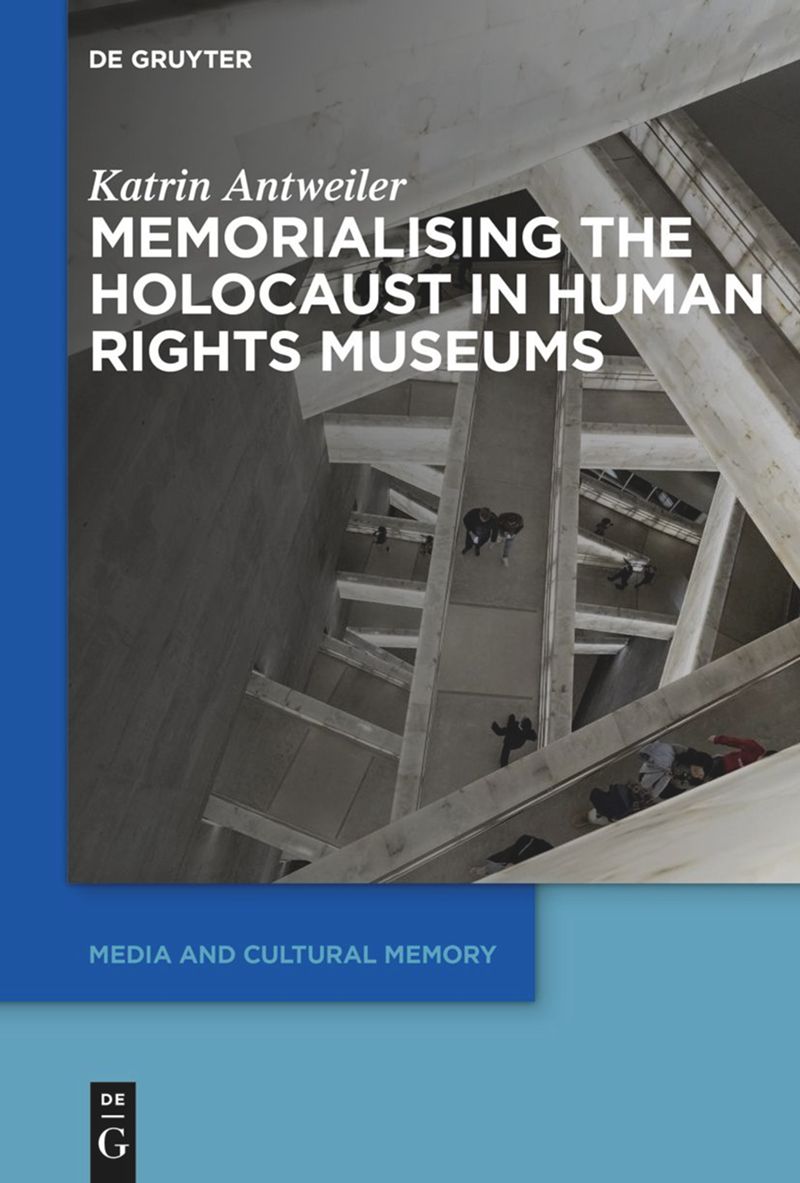
Memorialising the Holocaust in Human Rights Museums
Im Rahmen des Kolloquiums am Institut für Ethnologie und Kulturwissenschaft liest die Autorin am 25. April um 18:15h in der Rotunde (Cartesium) gemeinsam mit Prof. Esra Özyürek (University of Cambridge) und Prof. Magdalena Zolkos (University of Jyväskylä) aus dem Buch und diskutiert einige zentrale Thesen.
Mehr Informationen zu dem Buch finden Sie/ihr hier: https://www.degruyter.com/document/isbn/9783110788044/html?lang=de